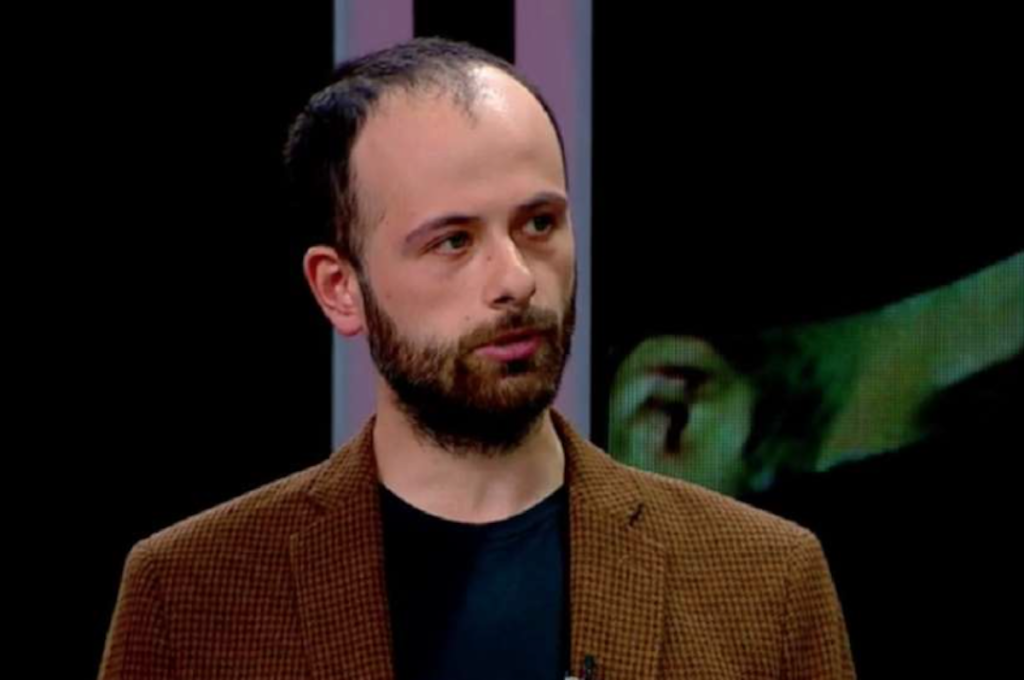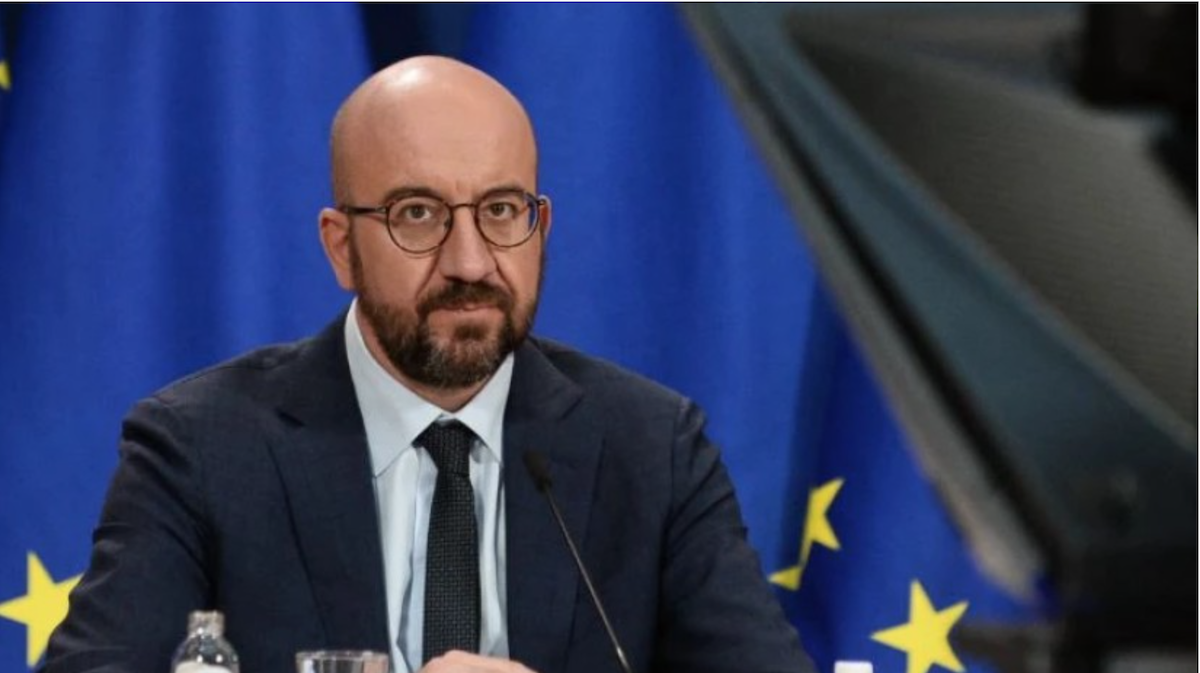Georgian Dream’s majority could move to ban opposition parties, legal expert warns
Georgian authorities threaten opposition
Vakhushti Menabde, a constitutional lawyer, comments on the statement from two opposition coalitions – “Unity-National Movement” and “For Change,” who are alleging widespread fraud in the October 26 elections and are therefore demanding that their mandates in the new parliament be annulled.
On November 12, the coalitions “Unity-National Movement” and “For Change” submitted a request to the Central Election Commission to annul their respective parliamentary lists completely. In total, 82 members of these coalitions signed the request.
However, the CEC responded that current legislation does not allow for the cancellation of candidate registrations in party lists until the parliament has been officially formed and the newly elected deputies have been informed of their powers.
On the program Summary on PalitraNews channel, Menabde explained that political parties have two opportunities to open their parliamentary lists: 16 days before the election or after receiving their mandates.
Therefore, attempts to do so now are legally unviable, as the legal window for such actions is currently closed.
Menabde also noted that, in their intention to renounce their mandates, the parties would soon face a difficult dilemma.
“The parliamentary majority from the ruling party can at any moment appeal to the Constitutional Court to initiate a ban on any political party; this only requires the signatures of 30 deputies.
“Georgian Dream may try to use this as ‘political bargaining’ to pressure the opposition to work within the parliament,” Menabde stated..
Constitutional lawyer Vakhushti Menabde

Vakhushti Menabde: “Of course, no one can force people to hold a particular position, but there are procedures that these individuals must follow if they wish to renounce a position they once sought.
These procedures are outlined in the Election Code, and I don’t believe there’s any contradiction with the Constitution. The Constitution specifies that this matter is governed by election law.
The Election Code states:
1. Those wishing to renounce their mandates can declare this and annul their party lists 16 days before the election.
2. The second opportunity arises after the parliament is officially formed and deputies, by majority vote, confirm its powers in the first session. After this, the party or individuals have the right to make statements and renounce their mandates. If parliament disagrees, it would be unconstitutional.
The logic of these rules is clear: one-third of parliament members cannot cause the collapse of the other two-thirds. If Georgian Dream had lost the election and wanted to renounce their mandates, the same rule would apply—they would not be able to annul the new parliament.
If, after following all procedures, parliament refuses to cancel the mandates of the deputies requesting it, they have the right to appeal to the Constitutional Court.
However, Georgia’s problem is that the government holds influence over the Constitutional Court. This is illegal.
I believe the annulment of mandates, as demanded by the opposition parties, will become a matter of political bargaining.
Let us recall the statements made by government representatives before the elections: ‘If the opposition continues to act destructively, if they destabilize the country and refuse to join the parliament, we will consider banning them, declaring the opposition unconstitutional.’
The government will use this threat to persuade the opposition to accept mandates in the new parliament.
Even when Georgian Dream claimed it needed a constitutional majority to ban the National Movement and its alleged affiliates, I said then that they actually don’t need a constitutional majority for this.
The procedure for dissolving a party is as follows:
- At least 30 deputies submit an initiative to the Constitutional Court;
- The Constitutional Court examines their arguments and makes a decision.
We can discuss what arguments might support such an initiative. Based on publicly available information, I currently see no valid argument that would warrant banning any party in parliament..
However!
Georgian Dream certainly has 30 deputies in parliament, and the authorities control the Constitutional Court. So, they have everything they need.
The authorities cite Moldova, where one of the parties was banned by the Constitutional Court. However, it’s essential to consider the court’s reasoning in that case..
The main argument was that the party was pro-Russian, preparing for destabilization, and had non-transparent funding, posing a threat to Moldova’s national security. And evidence was provided to support this argument.”
Georgian authorities threaten opposition




















